The Power of Professional Societies: Advancing Safe Surgery for Mothers in Nepal
In Nepal, too many mothers still die giving life. Dr. Saroja Pande and the Nepal Society of Obstetricians and Gynaecologists (NESOG) are working to change that.
In the series Voices in Global Surgery, we take a look behind the scenes of global surgical care.
By Yuval Cohen and Mélanie Samson
Making Women Feel Safe, Respected, and Heard
Dr. Saroja Pande is the immediate past president of NESOG and the lead implementer for the SURGfund-supported maternal health project, Nepal OSSC.
“It’s not just about providing services – it’s about making women feel safe, respected, and heard,” said Dr. Saroja Pande, immediate past president of the Nepal Society of Obstetricians and Gynaecologists (NESOG), the lead implementer for a SURGfund-supported maternal health project, Nepal OSSC. Saroja sat down with the GSF team to share about the importance of safe surgery for mothers in Nepal and how NESOG is moving the needle for safe surgery.
“When I was a new doctor, many women would die from post-partum haemorrhage (PPH),” noted Saroja on the main causes of maternal deaths in Nepal, especially after caesarean section (CS). “Decades later, the situation has not changed much. We must hit at the root cause.” Saroja engages health professionals in NESOG as agents of change for women’s health, specifically maternal health.
The Need for Systemic Change Through Capacity-Building
NESOG has been instrumental in advancing maternal health in Nepal. As a professional society, it bridges practitioners, policymakers, and communities, ensuring maternal care remains a priority. The association is the key implementing partner for the SURGfund-supported project Optimising Safe Surgical Care (OSSC), which supports teams-based capacity building to make 11,000 in births in Nepal safer each year.
“Standardisation of safe surgery is very basic and much needed,” Saroja noted. “While we have many sites around the country where CS can be performed, we still have trouble standardising prevention of haemorrhage.” A key element of the OSSC Nepal project is training for surgical teams on preventing and managing PPH at CS.
“Optimising safe surgery care will help us to standardise quality of care,” Saroja added.
A team-based approach is essential - from training nurses in the operating theatre and post-operative wards to surgeons and anaesthesia providers, to work as a team. “This approach will teach the teams in the operating room to work together, rather than overtaking and competing with each other,” she said. “The basic instruments and equipment are already there in many of the sites where we started this training; it is the alignment among themselves that is essential.”
In the future, a key next step for this work is the development of a safe surgery guideline, which would include the optimisation of safe surgical care for CS with the Ministry of Health, based on evidence from the multi-year project. As a professional society, NESOG is well-positioned to help create systemic change for maternal health care in Nepal.
Quality of Care as a Holistic Approach
While NESOG’s work includes advocacy for better-equipped operating theatres, improved anaesthesia support, and stronger referral systems, she emphasised the importance of effective interpersonal communication and respectful care.
When we run out of beds or operating rooms, quality of care is fostered in the way providers communicate with their clients. “Even with constrained resources, effective and empathetic communication and counselling with patients strengthen their motivation to come to facilities to deliver. This always makes a difference for quality of care.”
“The world doesn’t end in the labour room or CS emergency room – it is bigger than that. We can still do a lot more in our roles as healthcare providers beyond this. There is so much room to improve as service providers,” Saroja noted.
In this way, the present project in Nepal can impact real change for women. “It may not be immediate but after some time, this approach – through training, improved care pathways, improved communication skills – will motivate women to come to the facility for the delivery.”
About the Nepal OSSC Project
The SURGfund-supported Nepal OSSC project, launched in July 2024, aims to significantly decrease maternal and neonatal morbidity and mortality by sustainably improving access to safe and timely surgical care in Koshi Province.
This three-year initiative, titled "Saving Lives of Mothers and Newborns in Nepal: Optimising Safe Surgical Care," is implemented by NESOG in collaboration with the Global Surgery Foundation and the Family Welfare Division of the Ministry of Health and Population, with funding through SURGfund and the Else Kröner Fresenius Stiftung.
Meet the Team in Person
We are hosting a special Event on 19 May in Geneva & Online. Dr. Saroja Pande will share important updates from Nepal & join our networking reception.
Read the second Voices in Global Surgery article here
Share
This is the third article in a new series.
Voices in Global Surgery
With the global momentum towards the meaningful engagement of people with lived experience, it becomes even more important to bring out these voices in conversations around global surgery. People with lived experience provide a unique expertise that is irreplaceable in understanding and filling the gaps in quality surgical care for all who need it. In this series, we will continue to dive deeper into the key barriers, gaps, and opportunities for progress towards surgical care for all, identified by those most affected.
We are ramping up our programming and need your help. Donating is quick and easy.




